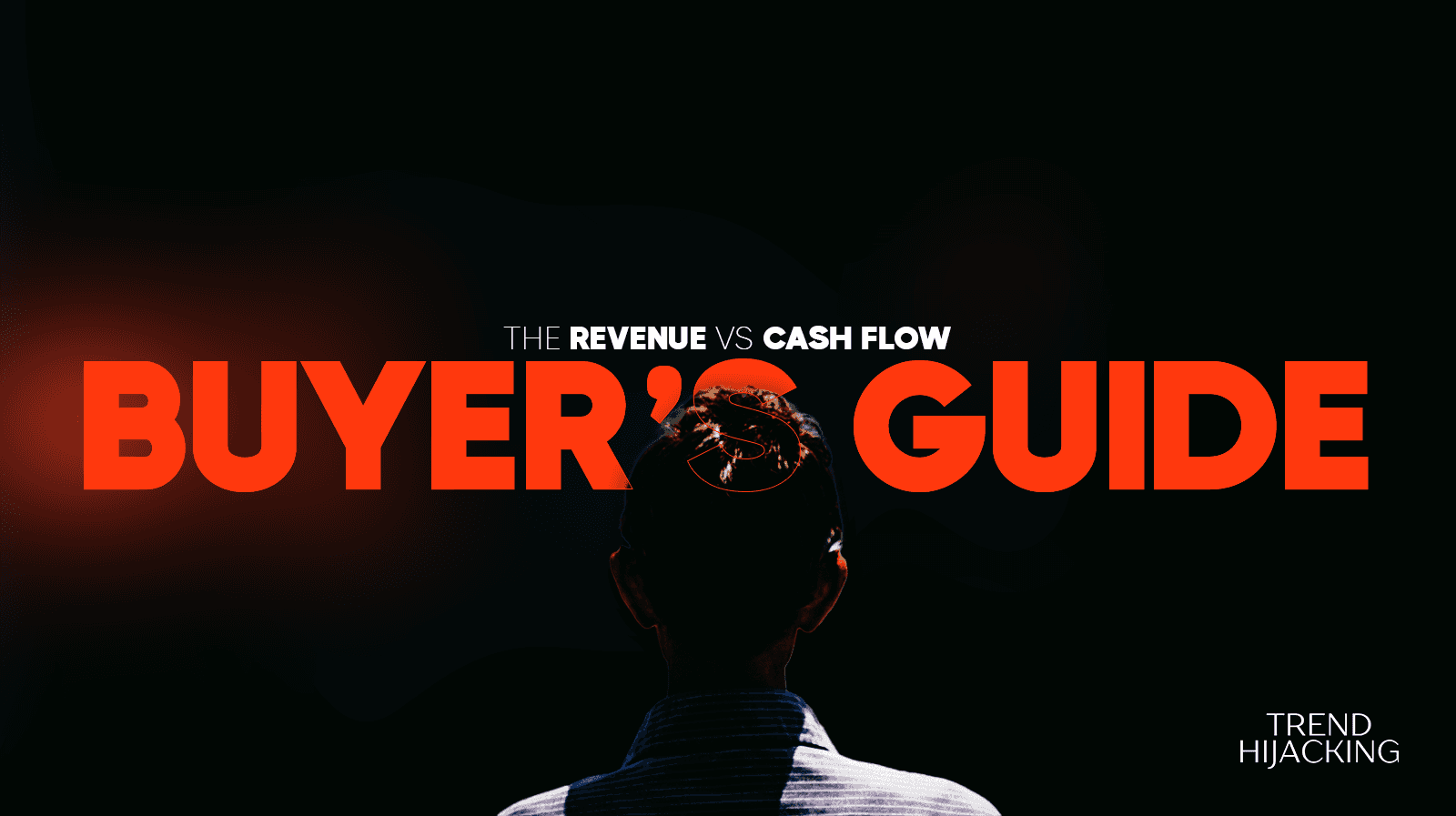
Retire Early Investment Options: A Friendly Guide To Your Financial Freedom
So, you're dreaming of saying goodbye to the 9-to-5 grind and retiring early, huh? I get it. The feeling of sipping piña coladas on a beach at 45 is hard to resist.
But before you start packing your bags, we need to talk about how you're going to get there.
Early retirement isn't just for the ultra-wealthy or the insanely frugal—it's for anyone willing to plan smartly, save hard, and make their money work for them.
So, grab a coffee (or a cocktail if you’re really feeling the vibe), and let’s dive into some crucial steps for achieving financial freedom before you’re too old to enjoy it.
1. Start With Your “Why”

First things first: what does retirement mean to you?
Is it traveling the world?
Starting a passion project?
Or
Simply having more time to binge-watch your favorite series?
Knowing your “why” lays the foundation of your entire retirement plan.
Your motivations will shape how aggressively you save, how you invest, and how you spend your money once you’re retired.
So, spend some time really thinking about what you want your post-retirement life to look like.
Trust me, this clarity will keep you focused when the going gets tough!
We Help You Buy / Build, Manage and Scale E-commerce Brands for an EXIT
E-commerce Simplified for Busy Individuals – We handle the buying, building, and scaling, so you can focus on what matters.
Growth-Focused Strategies – From sourcing to marketing, we drive growth and prepare you for a profitable exit.
Expertly Managed Exits – We build a high-value brand designed for a Lucrative exit.
2. Calculate Your “Freedom Number”: How Much Do You Really Need?

Now that you’ve got a vision, it’s time to do some math. Don’t worry, I’m not asking you to solve any differential equations.
You need to figure out your “freedom number”—the amount of money you'll need to live comfortably without a paycheck.
A good rule of thumb is the 25x rule:
Calculate your annual expenses and multiply by 25. This gives you an estimate of how much you'll need in investments to sustain you.
But remember, everyone's number is different. If you plan to live on a yacht, your number will be different from someone planning to retire in a cozy cabin in the woods.
3. Maximize Your Savings

If you're not maximizing your contributions to your 401(k), IRA, or Roth IRA, then you’re leaving money on the table.
Think of these accounts as the holy grail of your retirement planning—they allow your money to grow tax-free or tax-deferred. This is a fancy way of saying that you’ll have more money in your pocket when you retire.
Make sure you're contributing enough to get any employer matches (that's free money, folks!), and consider maxing out your Roth IRA for some tax-free growth potential.
4. Build An Investment Portfolio That Supports Your Goals

Okay, let’s talk investments: This is where things can get a bit overwhelming, but don’t worry—I’ve got you. Diversification is your best friend here. You don’t want all your eggs in one basket (unless it’s Easter, then go for it).
Think of your portfolio like a buffet: a little bit of everything. Stocks, bonds, real estate—you name it. Each has its role in cushioning against market downturns and helping you grow your wealth steadily.
If you’re unsure about where to start, index funds are a great low-cost option that provides broad market exposure without the need for a PhD in finance.
5. Get Real About Real Estate

Real estate is like that mysterious person at a party—intriguing, but not for everyone. It can be a fantastic source of passive income if done right.
You could invest in rental properties or dive into Real Estate Investment Trusts (REITs) if you want to avoid the landlord headaches.
But be careful; real estate can be illiquid and require more hands-on management.
Ask yourself if you’re ready to deal with tenants, toilets, and termites. If not, maybe keep this as a smaller piece of your overall strategy.
We Help You Buy / Build, Manage and Scale E-commerce Brands for an EXIT
E-commerce Simplified for Busy Individuals – We handle the buying, building, and scaling, so you can focus on what matters.
Growth-Focused Strategies – From sourcing to marketing, we drive growth and prepare you for a profitable exit.
Expertly Managed Exits – We build a high-value brand designed for a Lucrative exit.
6. Consider Passive Income Streams

Ah, passive income—the dream of making money while you’re off doing something more fun, like traveling or binge-watching your favorite series.
There are plenty of ways to generate passive income, including:
Dividend stocks
Peer-to-peer lending
Creating your own digital products
But here’s a curveball you might not have considered: eCommerce.
With eCommerce, you can run an online store without ever touching the products. The suppliers handle inventory and shipping while you focus on marketing and sales.
It's a great way to earn income on the side, and it’s more hands-off than you might think!
Curious about how much you could make with eCommerce? Check out this article on potential earnings to get the full scoop.
And if you’re serious about giving eCommerce a try, you’re in luck! At Trend Hijacking, we're pros at helping people build, launch, and grow successful eCommerce brands.
If you’re ready to dive in and want some expert guidance, book a call with us here, and let’s turn that dream of passive income into a reality!
7. Embrace A Dynamic Spending Strategy

Picture this: you’re retired, living your best life, and then the market crashes. Yikes. But don’t panic!
A dynamic spending strategy means adjusting your withdrawals based on market performance.
When the market is up, you might splurge a bit; when it’s down, tighten the belt a little.
This flexibility can help your savings last longer and keep you from running out of money when you're 85 and planning that skydiving adventure.
8. Protect Your Future

Here’s the boring but essential part—insurance. I know, I know, it’s not the most exciting topic, but ensuring you have adequate health, life, and long-term care insurance is crucial.
The last thing you want is a medical emergency wiping out your retirement fund.
Think of insurance as your financial safety net.
And remember, it’s always better to have it and not need it than to need it and not have it.
9. Keep Learning To Adapt To Market Changes

Even after you retire, your journey with money isn’t over. The markets are like a soap opera—always full of surprises.
Staying educated will help you navigate these twists and turns.
Subscribe to that financial podcast, read up on those investment books, or even follow a few finance blogs (maybe this one, hint hint).
Knowledge is power, and in retirement, it’s also peace of mind!
10. Join Communities and Find a Mentor

Retiring early can be a lonely journey if you don’t have a support system. Find like-minded individuals who share your goals.
Join online forums or local meetups, and don’t underestimate the value of a good mentor.
They’ve been there, done that, and can provide guidance, encouragement, and a reality check when needed.
11. Prepare For The Unexpected

Life happens, even when you're retired. An emergency fund is your first line of defense against unexpected expenses.
I recommend setting aside at least 6-12 months' worth of living expenses.
Keep it in a liquid, easily accessible account, because you never know when your car might break down or when you'll need to cover a sudden medical expense.
12. Stay Committed To Your Retirement Goals!

You’ve done the math, set up your accounts, and built a portfolio. Now, stick to your plan like it’s the last piece of chocolate cake at a party.
Consistency is key here. Markets will go up and down, and you might be tempted to make knee-jerk reactions. Don’t.
Trust your plan, stay disciplined, and remember why you started this journey in the first place.
Final Thoughts
At the end of the day, retiring early is as much about enjoying the journey as it is about reaching the destination. Celebrate your small wins along the way, whether it’s hitting a savings milestone or making your first successful investment. And always keep your “why” at the forefront—it’ll guide you, motivate you, and remind you why you’re working so hard to build a life where work is optional.
If you're looking for a smart way to generate passive income and fast-track your journey to financial freedom, eCommerce could be the perfect fit. Want to learn how to get started? Book a call with us today, and let's explore how eCommerce can help you retire early and live the life you've always dreamed of!
A Done-For-You E-commerce Business
Discover how we Build, Launch, and Scale a 6-figure/month Business for You
Learn more
The 6-Step Blueprint to E-Commerce Acquisition
See how we Acquire, Convert, and Scale with Real Case Studies to Prove It.



















